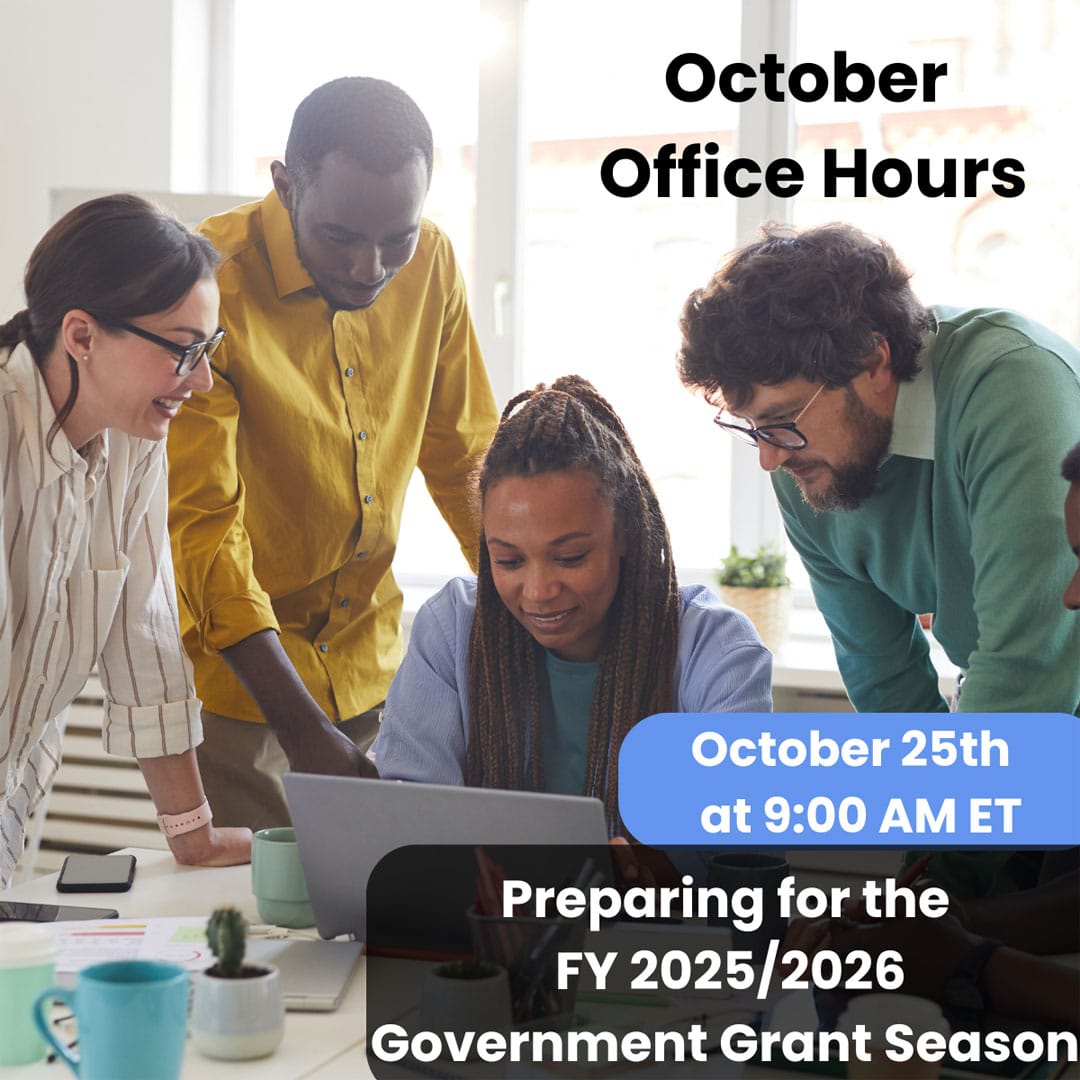Government Grant Readiness
1. Understand Your Costs
A key aspect of grant readiness is a clear understanding of various cost categories, as funders often have specific guidelines for budget structures. Distinguish between operational costs (day-to-day functioning), administrative costs (overheads like office space and utilities), indirect costs (essential but not directly program-related, like accounting), and programmatic costs (expenses directly tied to project goals). Ensure your budget clearly differentiates allowable costs to meet funder requirements and avoid unapproved expenditures.
2. Diversify Funding Sources
Strengthening financial resilience often means securing funds from a diverse array of sources. Explore funding opportunities across federal and state agencies that address intersecting issues such as social determinants of health (SDOH) and public health. Cross-sectoral partnerships—such as working with agencies focused on education, justice, and health services—can add depth to your project, increase competitiveness, and expand community impact.
3. Strategic Partnerships and MOUs
Letters of Support (LOS), Memorandums of Understanding (MOU), and matching contributions can reinforce your proposal. For certain grants, these documents may be required based on the funding opportunity. When evaluating partnership needs, ensure that each partner’s role in the continuum of care is well-defined, showcasing the comprehensive nature of your project and the collaborative contributions to fulfilling your mission.
4. Leverage Data from Previous Awards
Use grants.gov and other databases to search for trends, keywords, and mission alignment. Reviewing past recipients can provide insights into successful proposal structures, common agency priorities, and recurring themes. This knowledge allows you to align your proposal with broader funding goals and address challenges encountered by similar programs, thus improving your application’s competitiveness.
5. Focus on Community Needs and Best Practices
A strong government grant proposal centers on clear, community-driven objectives. Highlight how your program uniquely fills a service gap, addressing complex needs with proven, effective strategies. Government grants often emphasize meeting specific, measurable requirements. By grounding your proposal in best practices across budget management, program design, and community alignment, you demonstrate your capacity to deliver valuable and impactful services.
Each of these strategies strengthens grant readiness, enhances proposal quality, and positions your organization as a reliable partner in advancing public services.


